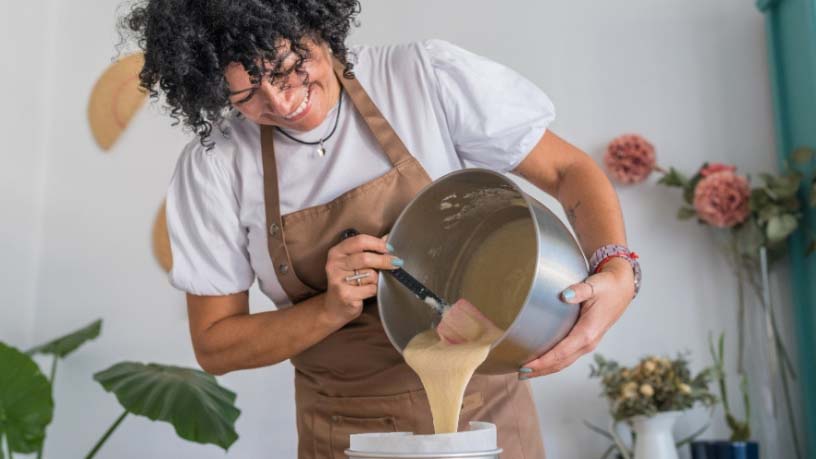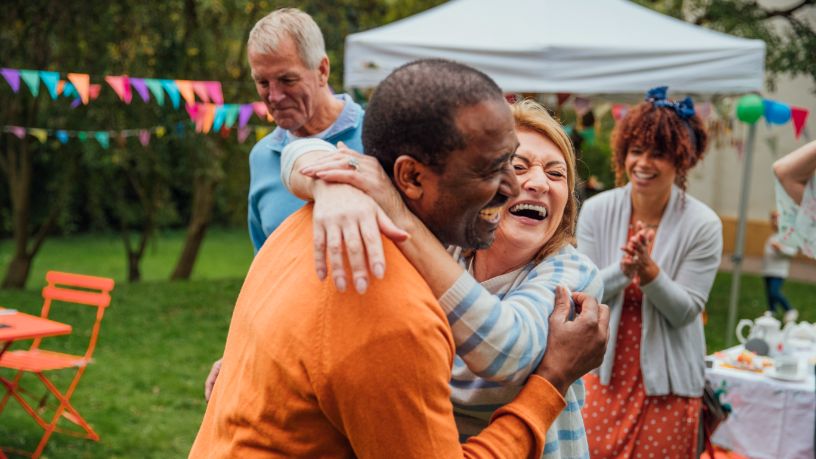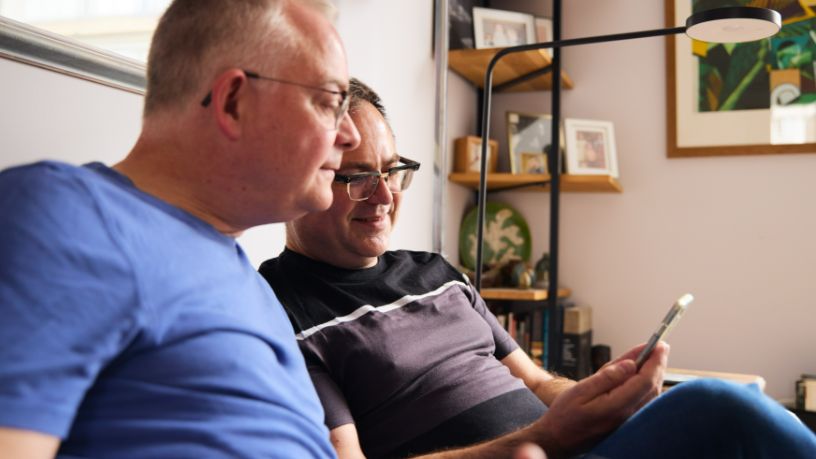[Natalie doing karate in a dojo]
Natalie: I have been doing karate now for 7 and a half years and yeah, I got to black belt in 4 years, which was pretty cool.
[Natalie talks to camera]
In 2014 I went to see my doctor because I was having some gut issues and stuff like that. Ah, my doctor said, well we'll take some blood tests, see what's going on.
He was like, look, it's showing you're pre-diabetic and that was pretty shocking, um, because he was also my dad's treating doctor.
My dad was an insulin dependent diabetic at that point.
[Images of a dojo mixed with Natalie talking to camera]
The first reaction to finding out I was pre-diabetic was shock.
Then I was a bit gutted and disappointed in myself that I'd let myself go like that.
Like even having the family history I'd still gone that far.
But it was more just determination that I got, gotta change this, I gotta, I can't go there.
[Images of Natalie exercising]
It's all about just that little bit of changing; just little incremental changes will get you somewhere and not, you don't have to tackle: I have to change everything in my life.
But it's actually the pre-planning that really keeps me on focus because it's, you know, setting my meals up for the whole week.
Then you don't have to think about it.
And the less I have to think about it, the less I think about other options.
[Images of Natalie doing karate in a dojo]
After about six months of doing some gym training, working on my food and losing a little bit of weight, I then built up the confidence to be able to actually start karate and think of actually walking through that door, the Dojo, the first time, which is always what you say is the hardest thing, and it really is.
But I felt better in myself that I could do that and I could actually go somewhere with this.
[Images of the walls of the karate studio]
Reversing my pre-diabetes was actually easier than I thought in terms of it... it was just fixing my diet and exercising.
Now, I say 'just' because that can be very hard for people, and you have to stick to it.
If you haven't had a health check for a while, just do it because you don't know what's there or what's hiding. But it's all important to pick up, and all important to, you know, get on top of it as soon as you can, and you can reverse it.






